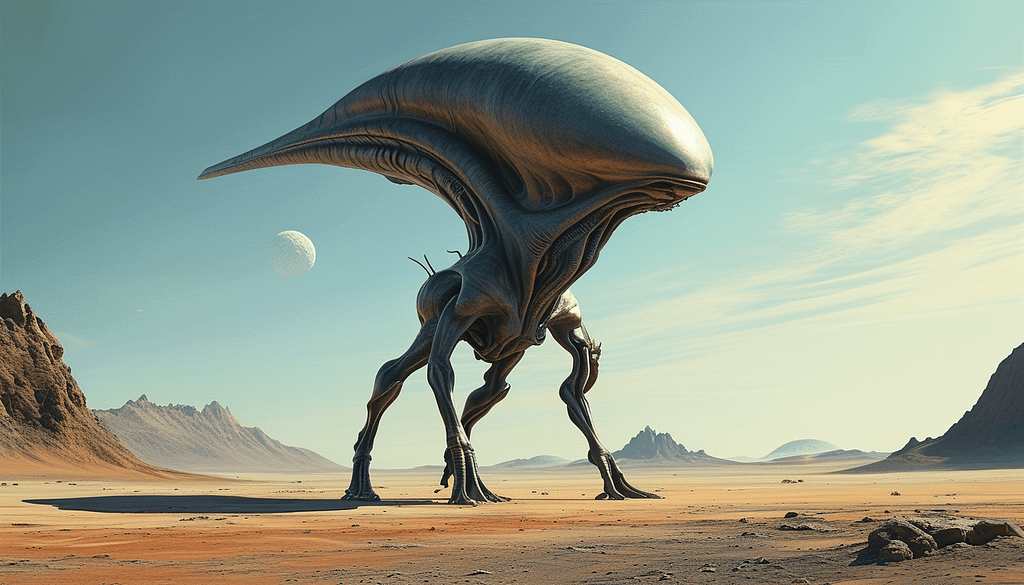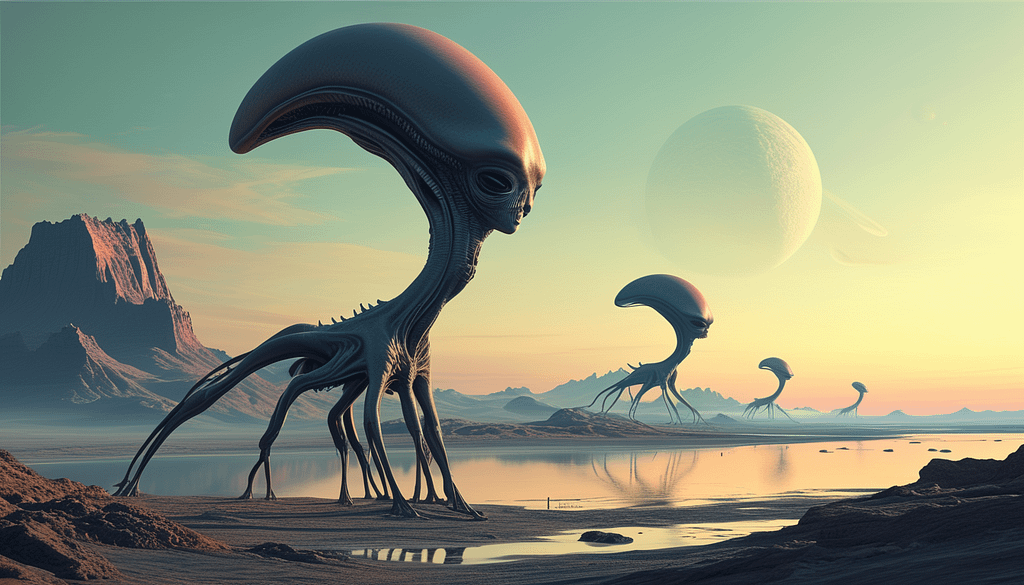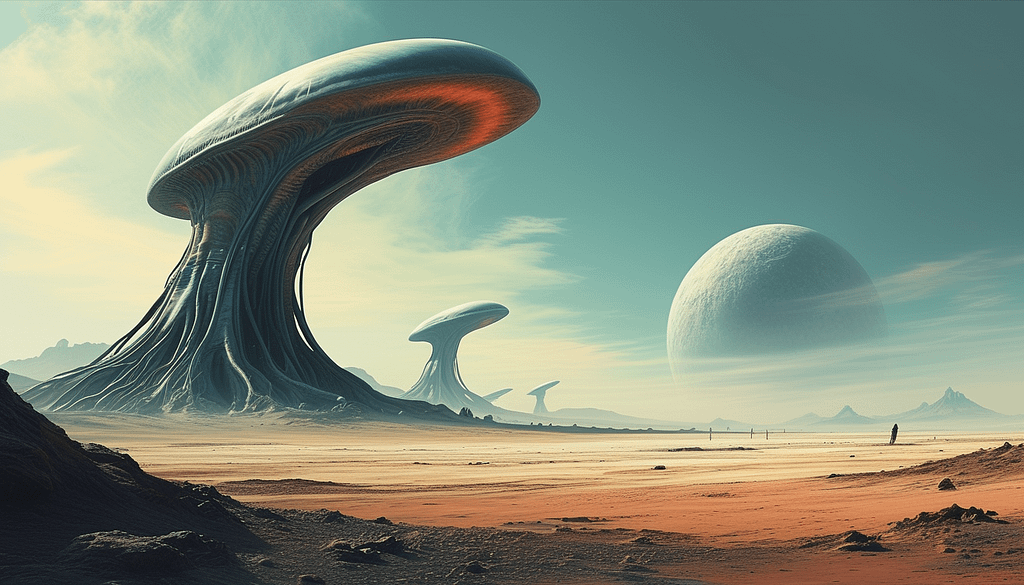Alienation and Isolation: The Paradox of Discovering Other Humans in the Universe
The discovery of intelligent life elsewhere in the universe has long been the subject of human curiosity, science fiction, and philosophical debates. However, when we imagine this momentous event, we often picture vastly different, alien creatures—beings whose biology and culture are so foreign that they reinforce our sense of uniqueness. But what if, instead of extraterrestrial life forms radically different from us, we were to discover humans—or human-like beings—on distant planets? Ironically, this discovery might lead not to a sense of unity or connection, but rather to deeper feelings of alienation and isolation.
The Dream of Cosmic Kinship
At first glance, the discovery of other humans in the universe might seem like the ultimate affirmation of human life. If we are not alone—if humans exist in other parts of the cosmos—this could validate many long-held hopes and beliefs. We may initially expect a profound sense of cosmic kinship, a feeling that the universe is interconnected in ways we never imagined. These other humans could represent new opportunities for collaboration, exchange, and growth, transcending the boundaries of Earth.
However, a much darker possibility shadows this dream of cosmic kinship. The very fact that humans could exist elsewhere introduces a deep philosophical and existential crisis. Instead of feeling united with these distant cousins, we might instead find ourselves questioning everything we thought we knew about human uniqueness, identity, and meaning.

The Search for Uniqueness and the Fear of Sameness
Human history has been shaped by the search for uniqueness. Our civilizations, cultures, and even individual identities are built upon the idea that we are special in some way—either as individuals, as cultures, or as a species. Many of our belief systems, especially in religion and philosophy, emphasize the unique role of humanity in the cosmos. For example, some religious doctrines assert that human beings are created in the image of a divine being, and thus hold a special place in the order of creation.
The discovery of other humans—or human-like beings—on distant planets challenges this deeply held sense of uniqueness. If human-like beings can evolve independently elsewhere in the universe, what does that say about our place in the grand scheme of things? Are we no longer special, but just one of many instances of humanity scattered across the cosmos? This fear of sameness, of being just one more version of something that exists in abundance, could lead to a profound sense of alienation.
In the face of this sameness, the meaning we derive from our human experiences could be called into question. What makes us “human” if others who share our biology and cognitive capabilities exist elsewhere? If we are not unique, the very foundations of our self-understanding—our art, our culture, our religions—could feel diminished.

Alienation from the Familiar
Paradoxically, discovering human-like beings on other planets may be more unsettling than encountering truly alien life. When we imagine alien species, we often assume they would be so biologically and culturally different from us that we would feel no inherent comparison. We expect to feel different, perhaps even superior, in such encounters. But finding other humans disrupts this dynamic entirely.
Instead of facing beings who are fundamentally different, we would confront those who are unnervingly similar. Their appearance, behavior, and cognitive capabilities might mirror our own in disturbing ways. Rather than celebrating these similarities, we could feel an alienation more profound than if we had discovered an entirely foreign species. These “other humans” would be a kind of mirror, reflecting aspects of ourselves that we might not want to see, and challenging our deeply ingrained sense of human exceptionalism.
This dynamic is akin to what sociologists and psychologists call “the uncanny.” The uncanny is a feeling of discomfort that arises when something is both familiar and strange at the same time. These other humans, while recognizable, might be just different enough in subtle ways—culturally, emotionally, or morally—that interacting with them feels unsettling. They could challenge our ethical frameworks, forcing us to confront uncomfortable questions about the nature of humanity itself.
Isolation in a Crowded Universe
The discovery of other humans in the universe also raises profound questions about isolation. The very existence of intelligent life elsewhere should be cause for celebration, signaling that the universe is not an empty, desolate place. Yet, rather than alleviating our feelings of cosmic loneliness, the discovery of other humans might deepen our sense of isolation.
On Earth, we often take comfort in the idea that our shared humanity binds us together. Despite cultural and political differences, we belong to a single species, inhabiting a single planet. But if humans exist elsewhere, this unity becomes fractured. We may find ourselves questioning whether we are truly alone, even within our own species. Could these distant humans have different moral systems, different values, or even entirely different social structures? Could their experiences of existence, shaped by different planetary conditions, make them fundamentally alien to us despite their biological similarity?
In this scenario, we are no longer alone in the universe, but we are also no longer unique. We are isolated not just by distance, but by the profound existential realization that the universe is filled with versions of ourselves that we may never fully understand or connect with. The vastness of space, once a source of hope for potential discovery, becomes a reminder of how isolated we truly are.

The Technological Divide and Ethical Dilemmas
Beyond the emotional and philosophical implications, the discovery of other humans would introduce complex technological and ethical challenges. If these human-like beings are less technologically advanced, would we be responsible for assisting them? Or would we impose our technologies upon them, potentially disrupting their societies in ways that mirror our troubled colonial history?
Alternatively, if these other humans possess superior technology, our sense of inferiority could deepen the feelings of alienation. Instead of seeing ourselves as the pinnacle of intelligent life, we would be forced to confront the possibility that other versions of humanity have surpassed us in ways we may never achieve. This technological divide could create new forms of isolation—separating us not just by light-years, but by intellectual and technological capabilities.
Conclusion: A Deepening Sense of Alienation
The discovery of other humans in the universe would undoubtedly be a momentous event, filled with wonder and complexity. However, instead of fostering a sense of unity, it could paradoxically deepen our sense of alienation. We would face profound questions about our uniqueness, our identity, and our place in the cosmos. The familiar would become strange, and the vastness of space would remind us not of our shared humanity, but of our existential isolation.
As we look toward the stars, the possibility of encountering others who share our biology should not just be a source of hope, but also a moment for reflection. The discovery of other humans may force us to reevaluate what it truly means to be human—and how we relate to the universe around us.